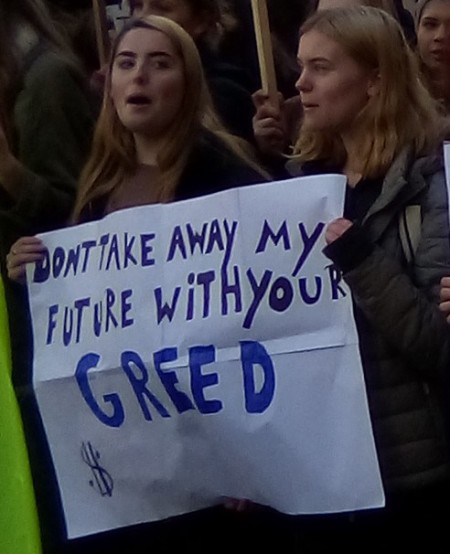I hope, dear readers, you get time for reflection, rejuvenation and relaxation in the midwinter holidays. If you find yourself reaching for your phone for something to read – then, rather than winding yourself up with news of Boris Johnson’s vileness, go a level more thoughtful: look at those People & Nature articles you missed out on first time  round. Here is some stuff that has stood the test of time. Thanks for your interest, and see you all (virtually or really) in the 2020s. GL, 23 December 2019.
round. Here is some stuff that has stood the test of time. Thanks for your interest, and see you all (virtually or really) in the 2020s. GL, 23 December 2019.
Climate and ecological emergency
Disaster environmentalism: looking the future in the face (5 December 2019). A critique of Rupert Read, Jem Bendell and other writers linked to Extinction Rebellion
Climate grief, climate anger (25 June 2019). How different global warming looks to young people
What does “climate emergency” mean? Let’s define that OUTSIDE parliament (2 May 2019)
Still bigger mountains of plastic on the way (March 2018). The petrochemicals companies are driving it
Global warming in the Indian context (June 2016). A pamphlet by Indian climate campaigner Nagraj Adve
Let’s face it. Melting ice has passed point of no return (23 November 2015)
The Paris climate talks and the failure of states (February 2015)
Stop tailoring global warming scenarios to make them “politically palatable” (July 2013). An interview with Kevin Anderson of the Tyndall Centre for Climate Research Read the rest of this entry »



 Posted by Gabriel Levy
Posted by Gabriel Levy 






